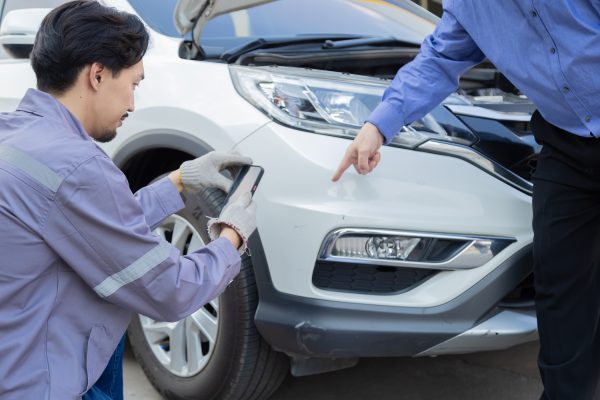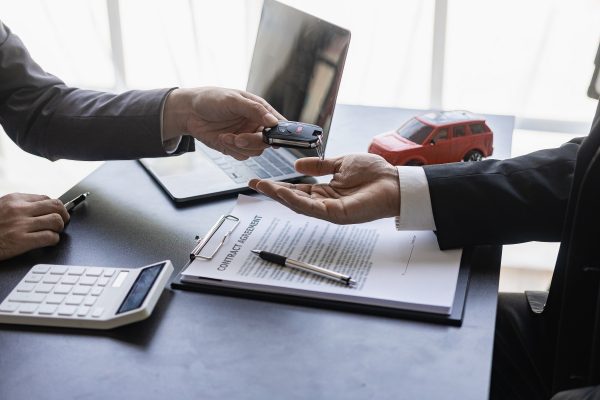By definition, an indemnity is a promise by one party (the “indemnifier”) to another party (the “indemnified”) to reimburse the liability or loss suffered by the second party.
Generally, where a warranty may guard against the unknown, indemnity clauses apportion risks in respect of known liabilities and as such, should never be taken lightly.
Indemnity clauses are usually onerous by design and drafted in broad terms so dealers should not make the mistake of overlooking them, as in practice, the clauses typically favour those with the most bargaining power and influence in a transaction, and this is usually finance companies.
Members signing up for these contracts/operational agreements, or similarly named agreements, ought to be mindful of the above and include other considerations such as, but not limited to:
- Whether the indemnity being requested is open-ended or uncapped. If so, the dealer may consider not agreeing to them but insist on a monetary limit after first consulting their insurance provider to ensure any agreed amount does not void their coverage.
- The duration of the indemnity. The dealer should seek to limit the time during which any claims can be brought, for example, within six years from the supply of the vehicle to mirror obligations under the Consumer Rights Act 2015.
- The ability of the indemnity clause to exclude any damage or loss caused by (or contributed to) the indemnified party, including those caused by (or contributed to) its own negligence, breach of contract, fraud, or similar wilful acts.
- The need to include an expressly written obligation on the indemnified party to mitigate any of their loss so the dealer’s exposure in any claim is limited and much more manageable.
For these reasons, a dealer providing an indemnity should carefully consider the wording of the relevant clause, ensuring it allocates risk at an appropriate level. Poorly drafted indemnity clauses frequently lead to disputes, and the party providing the indemnity should assume any ruling will likely go against them, even in court sometimes, irrespective of the facts.
While these decisions are ultimately down to the courts to resolve in the event of a dispute, it is better to avoid getting into that position. Seek the expertise of lawyers who can advise on the fairness of such clauses and the genuine risk involved to help you protect your interests.

We cover roles within all departments and sectors of the Automotive industry, and are here to listen to your specific needs and find the most suitable candidates to fit your business.








